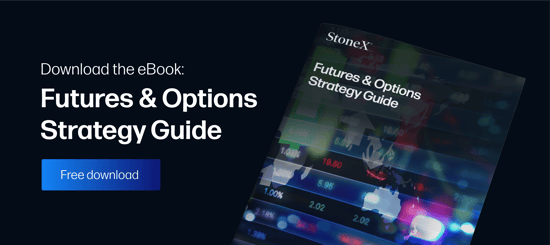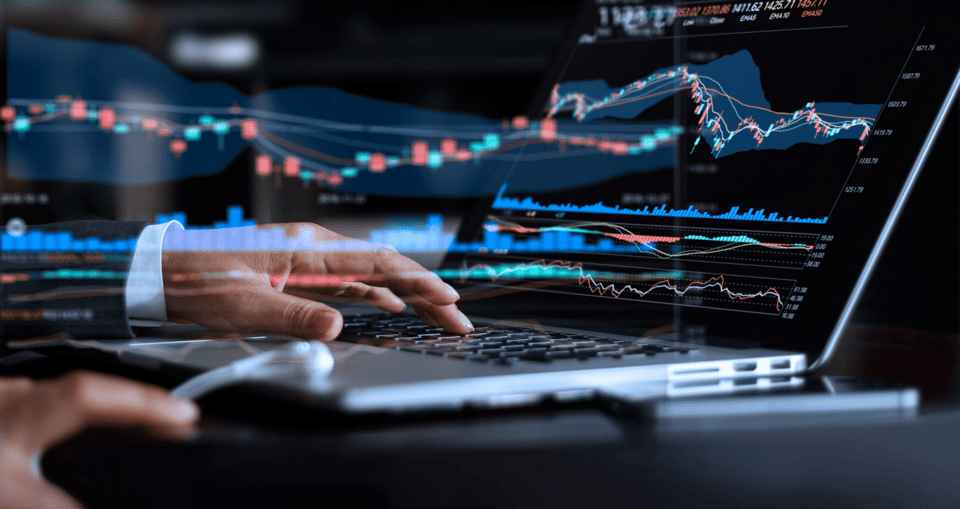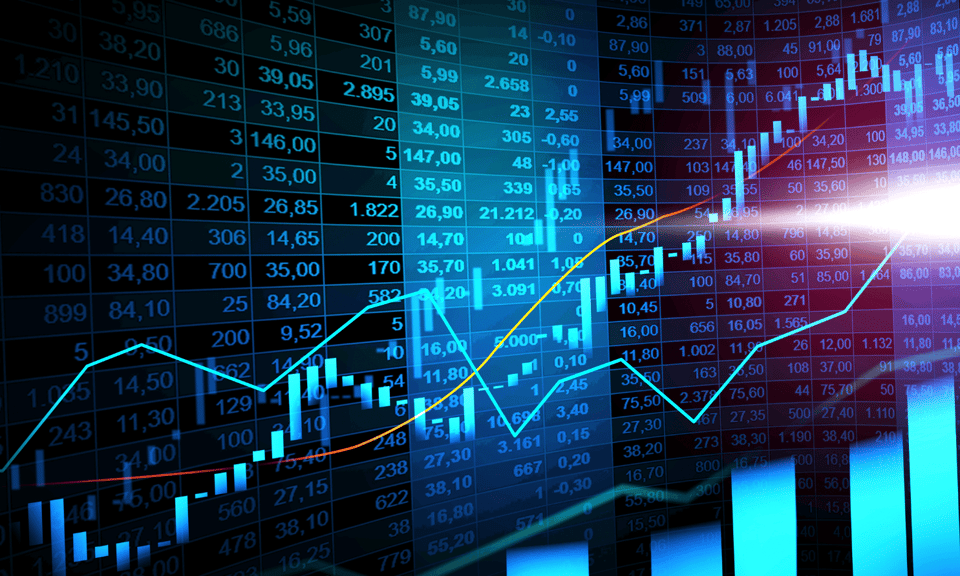Commodities are a prime asset class for active traders. Whether you’re interested in hedging risk exposure or speculating on future pricing fluctuations, commodity futures offer participants some of the best trading opportunities in the world.
What Is a Commodity?
A commodity is a raw material that is harvested or cultivated. Crude oil, gold, cattle, and soybeans are on any list of top-100 commodities. Therefore, a basic definition of a commodities broker is someone who facilitates the exchange of raw materials.
Commodities may be purchased on the cash markets from a physical commodity broker or traded as derivatives on standardized futures exchanges. To participate in derivatives trading, such as that offered by the Chicago Mercantile Exchange (CME), you must first secure the services of a commodities broker to gain market access.
If you’re going to trade commodity contracts, brokerage services are required.
What Is a Commodities Broker?
The primary function of a commodities broker is to buy and sell futures contracts on behalf of a client. This is part of how the Commodities Futures Trading Commission (CFTC) defines an introducing broker (IB):
Any person who, for compensation or profit, whether direct or indirect, is engaged in soliciting or in accepting orders (other than in a clerical capacity) for the purchase or sale of any commodity for future delivery, security futures product, or swap.
So what is a commodity broker? More to the point, what do commodities brokers do? As you can see in the CFTC’s definition, a commodity broker is someone who is paid a commission for aiding the trade of raw materials. If you’re wondering how to be a commodity trader, the first step is finding a solid broker (more on that in a minute!).
Perhaps the best way to define commodity broker is to answer a few FAQs:
- What is a commodity broker? A commodity broker is someone who facilitates the trade of raw materials.
- What do commodity brokers do? Commodity brokers ensure the smooth exchange, trade, purchase, or sale of raw materials.
- How much do commodity brokers make? There is no exact “hard dollar” amount that commodity brokers make. Brokerage compensation is the sum of commissions and fees awarded for services rendered.
Unfortunately, not all brokers are created equal. Not everyone who has a grain broker license is reputable, and simply reading the NFA Series 3 study guide doesn’t make a person a strong brokerage candidate. And, although there is a uniform process for getting a commodity broker license, problems do remain. A few of the most common issues are incompetence, insufficient resources, and unethical business practices.
Here’s a valuable tip for choosing a commodities broker: do your homework! Although the CFTC, the National Futures Association (NFA), and other regulatory bodies serve as industry watchdogs, it’s important to perform the proper due diligence when selecting one with which to do business.
What Do Commodity Brokers Do?
Are you wondering how to become a commodity trader? Well, the first step is securing the services of a rock-solid commodities broker. The best brokers make sure that your trade is conducted smoothly and without interruption. Here are five attributes that help determine whether a brokerage is worth your time, money, and attention:
Licensed
According to the Commodity Exchange Act (CEA) of 1936, the CFTC is tasked with regulating the commodity futures markets. Its regulations require brokers to be licensed with the NFA. In addition, account executives must pass the Series 3 exam administered by the Financial Industry Regulatory Authority (FINRA).
Reputable
As in many industries, an individual’s or firm’s reputation can provide valuable insights into the inner workings of an organization. Being in business for a long time with a limited complaint history is a strong sign of a reputable firm. In addition, simple things such as maintaining a physical address and current contact information can be signals that a firm is on the up and up.
In Good Standing
Firms that are subject to ongoing litigation or recent judgments may be in danger of falling out of favor with the CFTC and NFA. Running a Background Affiliation Status Information Center (BASIC) search through the NFA database is a great way to quickly find out a commodity broker’s current standing within the industry.
Competent
It’s imperative that a commodities broker exhibit several core competencies. A strong market-specific knowledge base, industry experience, and attention to detail are crucial to their performance. In addition, a willingness and ability to answer questions is a big part of providing top-notch customer service.
Technologically Proficient
Commodity futures are traded in an almost-exclusively digital capacity. The days of the open-outcry auction format are over, having been replaced by servers and remote exchange connectivity. Advanced software trading platform options, order hosting/routing, and robust exchange connectivity are a few items that ensure a broker can compete in the modern futures marketplace.
Still Searching for a Commodities Broker?
Alongside building a comprehensive trading plan, selecting a broker is a vital part of ensuring a positive venture into the futures markets. It is imperative for a commodities broker to be knowledgeable, technologically proficient, and reputable. If these characteristics are lacking, then it is time to expand your search.
StoneX offers aspiring commodity market participants an objective and reliable window to the markets. To learn more about how to be a commodity trader, check out the free StoneX Futures & Options Strategy Guide. With helpful tips and expert insights, it’s a smart way to begin your foray into commodities.
This blog was originally published on September 4, 2018, and has been updated for accuracy and comprehensiveness.



